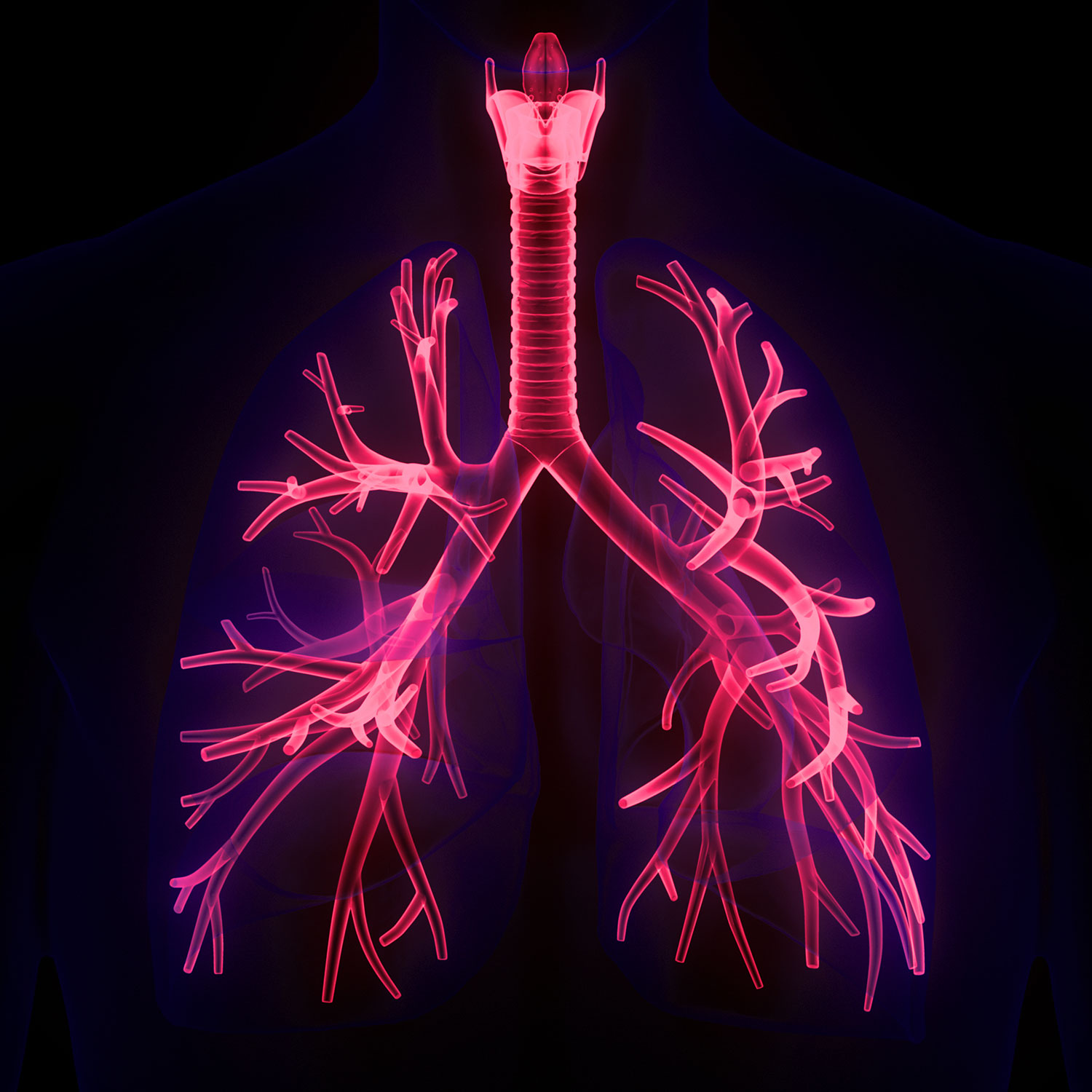NSW has joined a global partnership between more than 500 cities to end HIV epidemics by 2030 after Health Minister Ryan Park signed the Paris Declaration on Fast-Track Cities agreement.
Mr Park said the Paris Declaration targets were well within reach, with NSW already well on the way towards the virtual elimination of HIV across the state.
“NSW is a leader in HIV prevention and treatment in Australia and continues to reduce the number of new transmissions each year thanks to the hard work of health staff, the community, and community groups,” Mr Park said.
“This World AIDS Day, I want to remind the community that HIV doesn’t discriminate, and neither should we.
“Stigma and discrimination are barriers to HIV prevention, testing and treatment, and by signing this commitment, I’m pledging to eliminate HIV-related stigma in healthcare settings so that we can improve the quality of life for people living with HIV.
“The Fast-Track Cities website will report on NSW’s progress against targets and will enable others in the 500-strong network to share knowledge to ensure we meet the 2030 targets.”
The Fast-Track Cities Declaration commits NSW to delivering zero HIV-related stigma and targets of 95% of people living with HIV knowing their status, 95% of people who know their HIV-positive status to go on antiretroviral therapy (ART) and 95% of people on ART with suppressed viral loads.
NSW Chief Health Officer, Dr Kerry Chant said NSW Health has a long-standing partnership with several organisations that will support NSW to reach the targets of the Fast-Track Cities agreement, including ACON, the Bobby Gold Smith Foundation, Positive Life NSW, NUAA and the Kirby Institute.
“NSW aims to meet the Fast-Track Cities Agreement of the virtual elimination of HIV transmissions as well as zero AIDS-related deaths before 2030,” Dr Chant said.
“We need the community to support us to meet these ambitious targets which is why I’m urging the community to undertake regular STI screening that includes HIV to allow for early diagnosis and linkage to care.”
ACON CEO, Nicolas Parkhill said ACON had a strong role to play working with state government to harnessing an effective HIV response for the NSW community.
“We have a strong heritage in New South Wales of addressing health issues together and the state’s effective HIV response is a testament to what can be achieved when affected communities, researchers, clinicians and governments unite for a common goal,” Mr Parkhill said.
“The inclusion of New South Wales in the Fast-Track Cities initiative and in the Paris Declaration to end HIV epidemics by 2030 will further support our response to HIV, solidify our commitment and accelerate our journey towards of a future where HIV transmissions have ended and people with HIV are living healthy and happy lives.”
President/CEO of the International Association of Providers of AIDS Care and Fast-Track Cities Institute, Dr. José M. Zuniga, said the declaration would be a significant milestone for Australia to end its national HIV epidemic.
“Sydney, NSW joining the Fast-Track Cities network marks a significant milestone in Australia’s collective commitment to ending its national HIV epidemic. With Adelaide, SA; Brisbane, QLD; Melbourne, VIC; and Perth, WA as fellow Fast-Track City-members of the network, NSW consolidates a critical mass of Australian cities whose efforts can have a substantial impact on the lives of people living with and affected by HIV nationally,” Dr Zuniga said.
“Sydney, NSW, like its counterparts, has made remarkable progress in its HIV response, laying a strong foundation for further advancements, including in going the last mile by leveraging social transformation to ensure the HIV response reaches all HIV-affected communities.”
About Fast-Track Cities
Fast-Track Cities is a global partnership between more than 500 cities, the International Association of Providers of AIDS Care (IAPAC), the Joint United Nations Programme on HIV/AIDS (UNAIDS), the United Nations Human Settlements Programme (UN-Habitat), and the City of Paris. The partnership’s aim is to end urban HIV epidemics by getting to zero new HIV infections, zero AIDS-related deaths, and zero HIV-related stigma. Launched on World AIDS Day 2014, the partnership also advances efforts to end tuberculosis (TB) epidemics and eliminate viral hepatitis (HBV and HCV) in urban settings by 2030. Learn more about Fast-Track Cities.
About IAPAC
Representing 30,000 members, IAPAC is the largest association of clinicians and allied health professionals working to end the epidemics of HIV and tuberculosis, as well as eliminate HBV and HCV, by 2030. IAPAC is also a core technical partner to the Fast-Track Cities network and the Secretariat for its Fast-Track Cities Institute. For more information visit the IAPAC website.
About the Fast-Track Cities Institute
The Fast-Track Institute was created to support cities and municipalities worldwide in their efforts to achieve Sustainable Development Goal (SDG) 3.3 (ending the epidemics of HIV and TB), the World Health Organization goal of eliminating HBV and HCV, and SDG 11 Sustainable Development Goal 11. Find more information about the Fast-Track Cities Institute.







